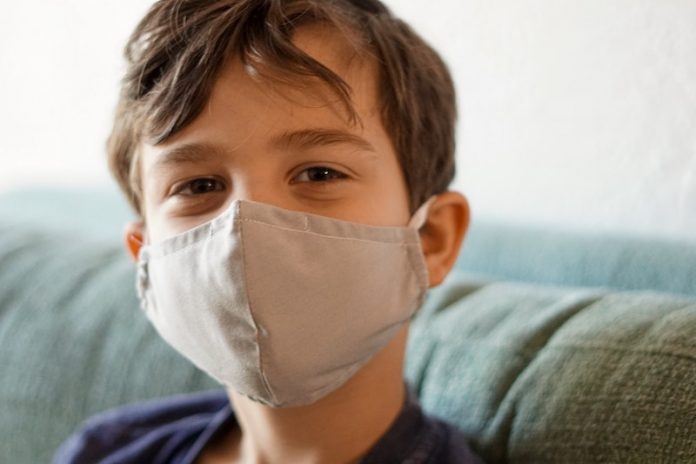
In a new study, researchers detected key immune response differences that may contribute to understanding why children usually have milder disease than adults.
This is the first study comparing the immune responses of adults and children with COVID-19.
The findings also have important implications for vaccines and drugs being developed to curb COVID-19.
The research was conducted by scientists at Albert Einstein College of Medicine and elsewhere.
The study tested 60 adult COVID-19 patients and 65 pediatric COVID-19 patients (less than 24 years old) hospitalized between March 13 and May 17, 2020.
20 of the pediatric patients had the novel multi-system inflammatory syndrome (MIS-C).
The patients’ blood was tested for the presence of several types of immune cells, antibody responses, and the inflammatory proteins, known as cytokines, that immune cells produce.
The team found children with COVID-19 fared significantly better than adults. Twenty-two adults (37%) required mechanical ventilation compared with only five (8%) of pediatric patients.
In addition, 17 adults (28%) died in the hospital compared with two (3%) of the pediatric patients. No deaths occurred among pediatric patients with MIS-C.
The findings suggest that children with COVID-19 do better than adults because their stronger innate immunity protects them against SARS-CoV-2, the novel coronavirus that causes the disease.
People have two types of immunity—innate and adaptive. Innate immunity, in which immune cells respond rapidly to invading pathogens of all kinds, is more robust during childhood.
Adaptive immunity, the second type of immune response, is more specific and features antibodies and immune cells that target specific viruses or other microbes.
Compared with adult patients, pediatric COVID-19 patients in the study possessed much higher levels of certain cytokines associated with the innate immune response.
This suggests that young people’s more robust innate response protects them from developing acute respiratory distress syndrome (ARDS)—the hallmark of severe and often fatal COVID-19 cases.
One cytokine in particular, known as IL-17A, was found at much higher levels in pediatric patients than in adults.
The team says the high levels of IL-17A that we found in pediatric patients may be important in protecting them against the progression of their COVID-19.
The findings have important implications for COVID-19 therapies and vaccines.
The adult COVID-19 patients who fared poorly had high levels of neutralizing antibodies, suggesting that convalescent plasma—which is rich in neutralizing antibodies—may not help adults who have already developed signs of ARDS.
By contrast, therapies that boost innate immune responses early in the course of the disease may be especially beneficial.
One author of the study is Betsy Herold, M.D.
The study is published in Science Translational Medicine.
Copyright © 2020 Knowridge Science Report. All rights reserved.



